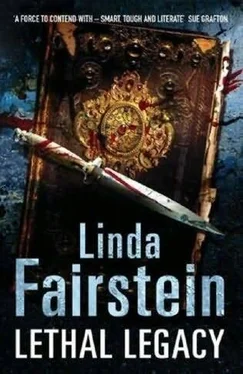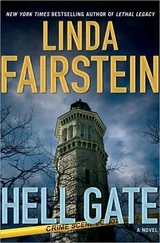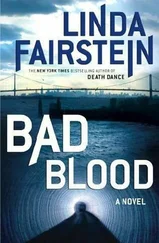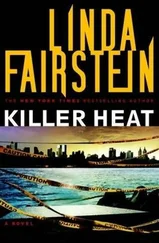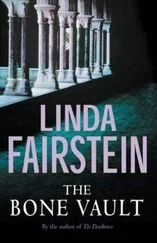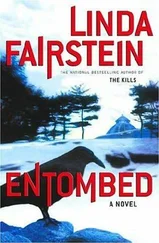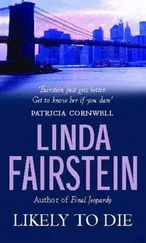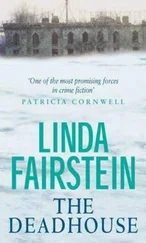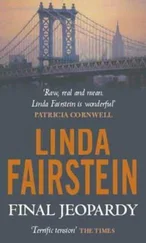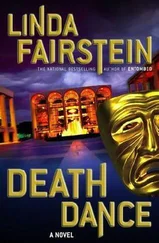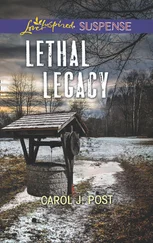The combined forces of Commissioner Keith Scully and District Attorney Paul Battaglia were enough to open the great doors of the New York Public Library on Saturday evening at seven p.m.
Jill Gibson, obviously not pleased to be in the dark about what had prompted the gathering of her senior curators and her own police escort, stepped out of a patrol car as we approached the side door.
Uniformed cops had been stationed at all the entrances for almost forty-eight hours now, as investigators continued to work on processing the vast spaces within the sub-basements of the library.
“Excuse me, Alex?” Jill called out. “May I talk with you a minute?”
“Whatcha got, Jill?” Mike said, stepping between us.
“I’d like to ask Alex a few questions.”
Mike tapped my shoulder to keep me moving. “She’s fresh out of answers, but we’re looking, Jill. We’re holding court in the map division.”
The sergeant in charge moved us through the doors of the old carriage entrance and down the twisting corridors until we could see our way to Bea’s department at the farthest end of the main floor.
Curators from the various private collections were seated at the trestle tables. Arents, Berg, Pforzheimer, and the rare books division were represented. A dozen young cops, at Mike’s request, stood around the room, ready to help.
Mike sat on the edge of one of the tables and started to explain what he wanted the librarians to do.
“How fast can you get together a list of the volumes donated to this institution by Jasper Hunt the Second?” Mike asked.
Jill Gibson didn’t wait to be acknowledged. “If you’ll allow me to go to my office, I can print that out for you immediately.”
Mike looked toward one of the rookie cops at the door and told him to take her there. Jill seemed shocked to be under guard in her professional home.
One of the men spoke up before she left. “It’s not that simple, Detective. Many of the Hunt gifts have been in and out of the library over time. I think each of us, in our own collections, could be more helpful than any master list.”
Jill’s lips clamped together.
“What do you mean?” Mike asked.
“Take World War Two, for example. You know the windows in the reading room were entirely blacked out,” the man said. “There were legitimate fears of an air raid, and decisions had to be made about the safety of the most valuable books.”
“I get it.”
“The Gutenberg Bible, Washington’s Farewell Address, the Medici Aesops, ” he went on. “Things like these were actually carried off-site for protection.”
“And some of the books that were taken away were once the property of Jasper Hunt?” Mike asked. “Is there some confusion about where they were housed after they were returned?”
“That, of course, Mr. Chapman. As well as the fact that some of the finest volumes simply never came back to us.”
“Because the Hunts kept them?”
The man looked to Jill Gibson before he answered, aware that he was crossing a line. “That’s my understanding. Jasper Hunt Jr., as well as several trustees, decided, rather quietly, it might be a good time to reclaim some of the things they’d given away.”
“Don’t wait around, Jill,” Mike said. “Something you already knew, apparently, and didn’t feel the need to tell me. Go ahead and get me your list anyway.”
Then he turned to Dutton. “You’re up, Bea. Tell them what you need.”
She addressed her colleagues, apologized for not being able to say exactly what we were after, and asked them to brainstorm for any insights that went beyond card catalogs, computer lists, and digitization.
“Let’s talk about the Napoleonic Description de l’Égypte ,” Bea said.
She was starting with the most obvious hiding place-the one in which Prince Albert of Monaco had found the copy that Jasper Hunt Jr. purchased in 1905. It was logical that Hunt might have chosen to mimic the Grimaldis. Talbot had told us the day before that his father-probably unknowingly-had given a set of the twenty-volume classic to the library just two decades ago.
“Orientalia,” one of the men said. “I believe we have three sets of the Napoleonic expedition, all in Orientalia.”
“You know that’s not politically correct,” the older woman beside him joked. “It’s the Asian and Middle East department now.”
“Yeah. Rugs are the only things left you can call Oriental,” Mike said. “People-and I guess books-are Asian.”
I could tell he liked his new team. They were smart and sincere, and seemed to love the rare objects in their care.
“Any of you seen them, these books?”
A man in a madras plaid shirt, with a crew-neck sweater tied around his shoulders, raised his hand. “I’m Bruce. Bruce Havens. I used to work in that department. The Napoleonic expedition volumes have been completely digitized. You can view the entire thing online, without leaving home. The originals are locked away. Only scholars with a really good reason to see them can get access under a curator’s supervision.”
“Do you know the three copies, Bruce?”
“Let’s say I’ve seen them, Bea. Is that what you mean?”
“Provenance, Bruce. What’s their provenance?”
“Whew. It’s a tough issue in that particular collection. Much of what came in was without designation.”
Bea turned to us to explain. “Bruce means a lot of the photographs and foreign-language volumes were-what’s a polite word?-pilfered by explorers during their travels.”
“Sort of like the Elgin Marbles?” Mike asked.
“You got it,” Bea said to him. “Bruce, do you know the donors of the three Egyptian sets?”
“The prize of the three was a Lenox endowment. An absolutely pristine set of books, in a contemporary French speckled calf, board edges with gilt roll tool. Exquisite.”
“Under lock and key now?”
“Yes, it is. I know you’re interested in whether any of them are Hunt acquisitions,” Bruce said, “but I simply don’t know.”
“Any of them submitted to the conservators for repair?” I asked.
“Possibly, but not on my watch. They were actually shelved in the stacks.”
Mike heard the word “stacks” and stood up, signaling to one of the cops. “This gentleman’s going to take you downstairs to look for something. Stay with him.”
“I wouldn’t have access, Detective.”
“Why not?”
“In each department, there are cages-metal cages,” Bruce said. “Sort of wire mesh, where the rare books are locked.”
“Who’s got the keys?” Mike asked.
Bea answered. “We each have control of our own section. The front office has all the masters.”
Mercer walked to the door. “I’ll take them to Jill Gibson and make sure she gives up the key. You keep at it with Bea.”
“What’s next?” Mike asked her.
“The Most Noble and Famous Travels of Marco Polo,” Bea said. “How many different versions of that would you think we have?”
“Jill will know,” one of the men said.
“Forget Jill.” Bea was on a tear.
The older woman spoke. “We’ve got the Elizabethan translation by John Frampton in the Berg Collection. It was an Astor gift,” she said. “Not the Hunts’.”
“I know,” Bea said. “I’ve got a version with large folding maps, but it came to us recently out of Lord Wardington’s collection.”
I recognized Wardington’s name. He had been a mentor to Alger Herrick.
“There must be half a dozen of those spread around,” another man said.
“You.” Mike pointed at him as he spoke. “Take two cops and scout them out. Any copies you find come right back to this room before anyone cracks the cover, okay?”
Читать дальше
